ARTICLE AD BOX
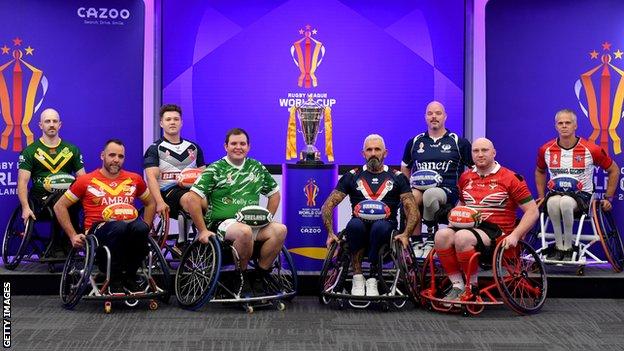 The eight team captains pose at the team launch with the trophy
The eight team captains pose at the team launch with the trophy| Hosts: England Dates: 3-18 November |
| Coverage: Watch live on BBC TV, BBC iPlayer and online; Highlights on BBC Sport website & app |
England wheelchair rugby league captain Tom Halliwell believes the World Cup gives the sport a huge chance on the biggest stage.
The tournament starts on Thursday with the hosts facing Australia at the Copper Box in London.
This is the fourth wheelchair competition and for the first time, it is part of the Rugby League World Cup main event.
"To be on a level platform is massive for us," Halliwell told BBC Sport.
"Winning the tournament would be a huge success but the bigger thing is creating a legacy for the next generation.
"We just want to get more people involved in the sport, both playing and in support roles, and this is the perfect opportunity.
"Wheelchair rugby league has grown so much since the last World Cup in 2017. Back then, we had to pay our own way to get there so to be where we are now is phenomenal and we can't wait to get started."
Eight teams will do battle at the tournament with Wales, Scotland and Ireland all also competing. England and Ireland sit in Group A with Spain and Australia, while Wales, Scotland, France and the USA are in Group B.
The final takes place in Manchester on Friday, 18 November - the day before the both the men's and women's Rugby League World Cup deciders are held.
- Fixtures, results and BBC coverage times
- Lewis King's journey from spectator to England star
- Players to watch
The sport prides itself on its inclusivity at all levels with disabled and non-disabled athletes, and men and women, playing together on the same team. However, a team must have more disabled than non-disabled players on court at any time.
As well as developing the sport at the next World Cup, International Rugby League chairman Troy Grant is keen to include it in the Paralympic programme for the 2032 Games in Brisbane, Australia.
However, comedian and television presenter and Rugby League World Cup tournament ambassador Adam Hills believes the sport could have different ambitions.
"I have spoken to someone who said the aim of the sport is not to get it into the Paralympics but to get it into the Olympics," he told the BBC.
"How amazing would that be? Then it is not a disability sport, it is just a sport and there are people with and without disabilities. It would be officially the most inclusive sport in the world.
"Brothers can play together when one is a wheelchair user and the other walks in everyday life; parents and children can play with each other. No other sport on the planet can do that.
"So, do you keep it for the Paralympics or shoot for the stars and put it in the Olympics?"
What is wheelchair rugby league?
Invented in France in 2004 as a wheelchair-based version of rugby league, the game came to England the following year.
You can expect to see crunching tackles, brilliant ball handling, tough defence, skill, athleticism and speed.
Played by teams of five with all players using sports wheelchairs similar to those used in wheelchair basketball, a game lasts for two 40-minute halves on a court approximately 46m by 20m.
It has similar rules and scoring to the running game but you tackle an opponent by removing a tag from their shoulder. That must then be replaced for the next play-the-ball.
A team's possession lasts for six tackles before the ball is handed over, as in rugby league
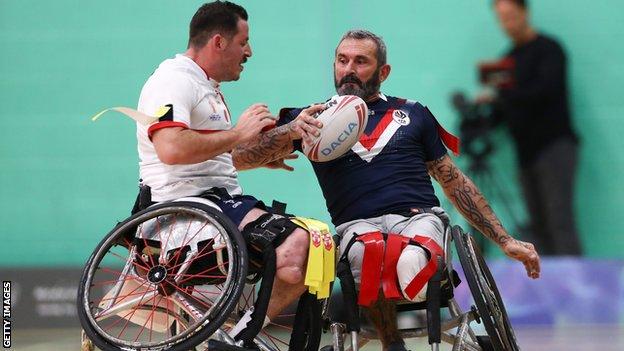 France's Gilles Clausells goes up against England's Seb Bechara
France's Gilles Clausells goes up against England's Seb BecharaTries are scored by touching the ball down although players with more restricted mobility can touch the ball against the wheel of their chair.
Conversions and penalty goals are taken from an extended kicking tee which must be no higher than the wheel of the kicker and all kicking is done by hand, using a fist.
It is a completely different sport to wheelchair rugby - also known as murderball - which is part of the Paralympic Games programme.
Who are the teams to watch?
France will be aiming to make it three titles in a row, having beaten England in the last two finals.
The likes of Nicolas Clausells and his uncle Gilles and Jeremy Bourson will be key figures for Sylvain Crismanovich's squad.
France defeated England last autumn in two internationals but were beaten when the sides met in June, although the two Clausells and Bourson were absent that day.
Australia, who were third at the last tournament and have five players back again, have been gradually building while Wales, who have enjoyed Celtic Cup success, will be aiming to reach the semi-finals but face a tough opener against France.
"Rugby league has always been like a poor second cousin to rugby union but we are getting there and to have this level of coverage will just grow the game across the world," says Wales coach Stephen Jones.
"Because we mimic the running game almost to the letter, it brings everyone who has played or seen the game a chance of playing it.
"It is about finding someone who can throw a chair around like nobody's business and also has the skills with the rugby ball."
Scotland and Spain will be hoping to build on their 2017 tournaments but could find the going tough while Ireland are in for the first time since 2013 and the USA will be making their debut.
Can England take the title?
England come into the tournament ranked second in the world behind France.
They won the tournament in 2008 and have two members of that squad still involved - Jack Brown and Adam Rigby - but suffered disappointment in both the 2013 and 2017 deciders.
The squad features three World Cup debutants in Lewis King, Rob Hawkins and Declan Roberts - who could face his father Phil, the Ireland player-coach, when England play the Irish in their final pool game on Wednesday, 9 November.
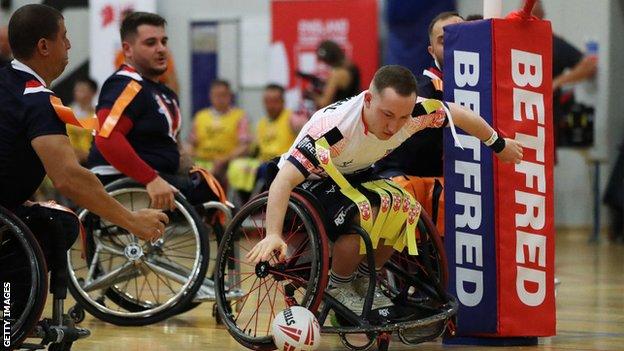 Nathan Collins is one of seven players who lined out for England at the last World Cup
Nathan Collins is one of seven players who lined out for England at the last World CupChallenge Cup winners Leeds Rhinos have three players selected including their player-coach James Simpson, who was seriously injured after stepping on an IED device while serving in Afghanistan in 2009, losing both legs, three fingers and the muscles from his right forearm.
"Over the last 18 months, we have gone to a different level," says Joe Coyd, a member of the last two England World Cup squads and the younger brother of coach Tom Coyd.
"We are all buzzing. Our training since the win against France has been the best ever. Everyone knows what we have to do and we are in a great place."

 2 years ago
17
2 years ago
17

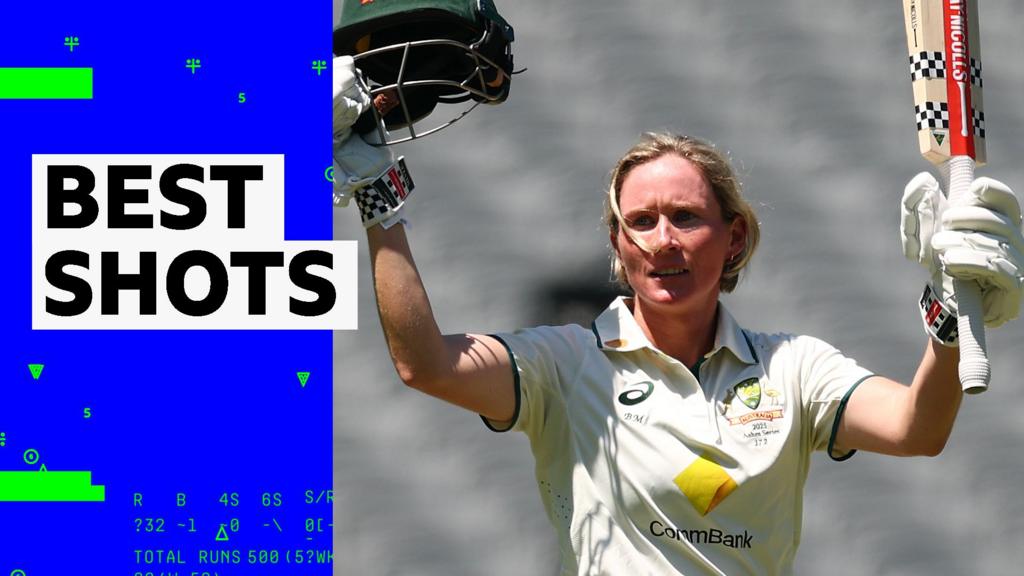
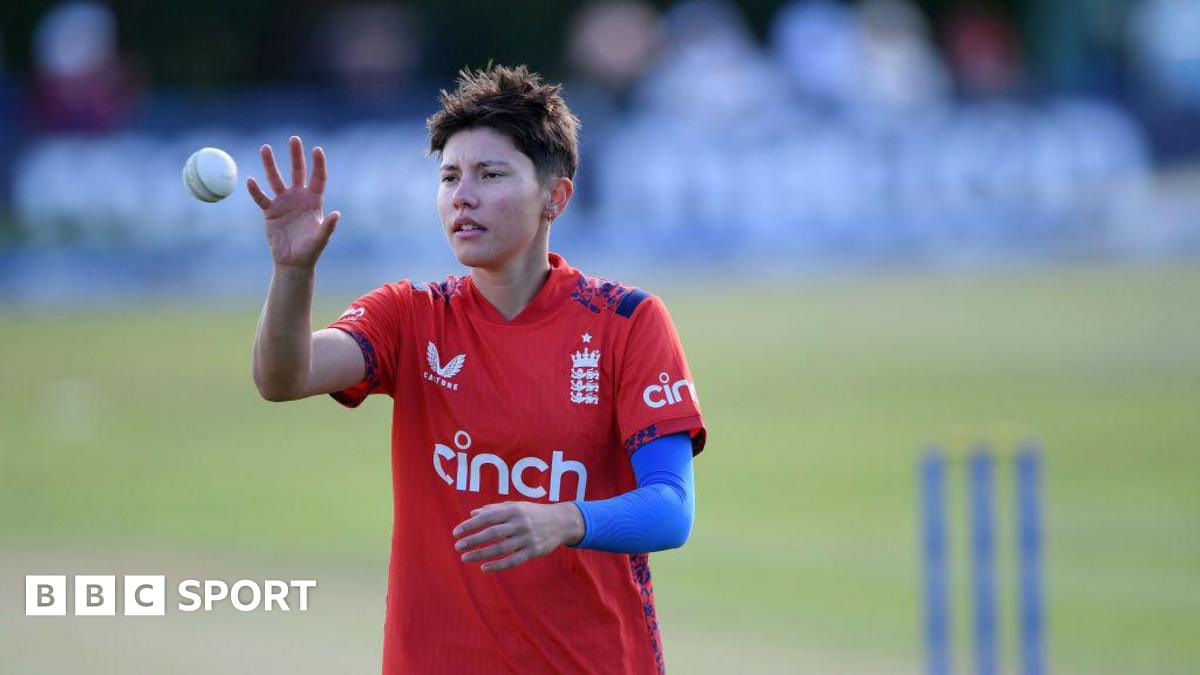





 English (US) ·
English (US) ·